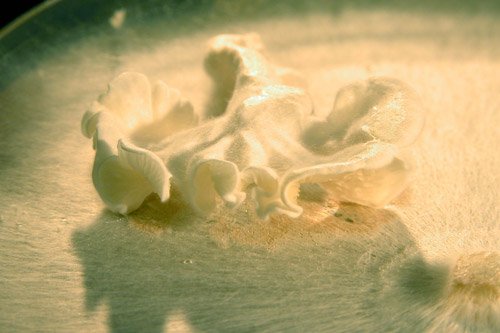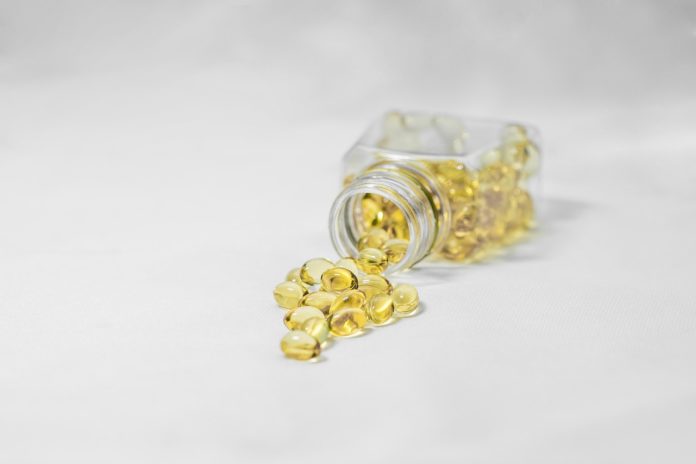With the growing demand for antibiotics, there is urgent demand for producing new and cost-effective antibiotics.
Scientists at the University of Bristol examine the steps involved pleuromutilin biosynthesis through heterologous expression and generate a semi-synthetic pleuromutilin derivative with enhanced antibiotics activity.

Image: University of Bristol
Pleuromutilin derivatives are potent antibacterial drugs that mostly require chemical modifications. Scientists obtained pleuromutilin from mushroom Clitopilus passeckerianus. They then rebuilt it in the industrially useful filamentous fungus Aspergillus oryzae.
Dong this produced a unique platform of Aspergillus lines that allow the new compound to be synthesized.
Professor Chris Willis, from the School of Chemistry, said, “This is a classic case where nature has produced something really useful, but combining nature with chemistry through a synthetic biology approach we are able to make things even better.”
These new compounds are a portion of the main new class of anti-infection agents to join the market as of late as human therapeutics. In addition, they represent extraordinary potential, especially to treat safe strains, for example, methicillin-resistant Staphylococcus aureus (MRSA) and extensively drug-resistant tuberculosis (XTB).
Research led Professor Gary Foster said, “This research is very exciting as it also paves the way for future characterization of biosynthetic pathways of other basidiomycete natural products in ascomycete heterologous hosts.”
“Many mushrooms have never even been examined and act as an untapped resource. Moreover, this opens up new possibilities of further chemical modification for the growing class of potent antibiotics.”
